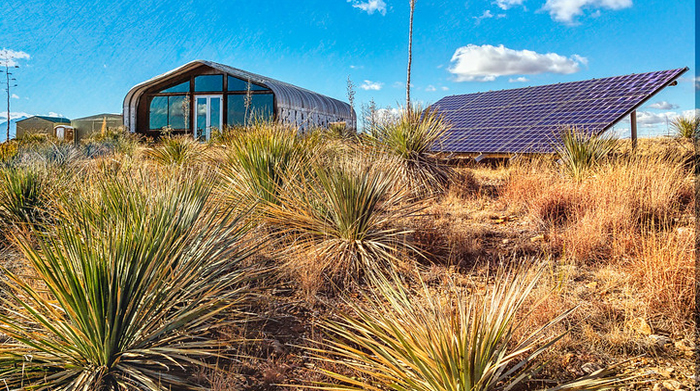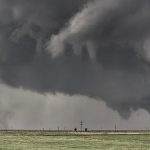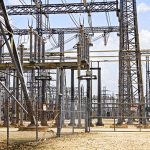Why Off-Grid Living Could Hurt Electric Utilities

Image courtesy of Sheila Sund under Attribution 2.0 Generic License, resized to 700 x 391 pixels.
The trend of off-grid living – or, living in a home not connected to the power grid – is growing. The problem with this for electric utilities is the impact it will have on demand, and by extension, revenue. In addition, this trend will likely have a negative impact on reliability. Let’s take a closer look at this potential double-whammy.
Off-Grid Living Trends and Insights
According to a recent report from Accenture, an estimated 12% of U.S. households will be living off the grid by 2035. Additionally, other recent surveys have indicated a growing willingness of people to live off the grid, which suggests that the 12% estimate may actually be conservative. The financial impact is estimated to be a $48 billion annual revenue decline in the U.S. across the industry by 2035.
More worrisome from an emergency preparedness perspective is that the increased levels of distributed energy resources connected to the grid is likely to create numerous operational challenges. In fact, according to the article linked to above, a whopping 61% of utility executives believe that the increase in low-voltage connected distributed renewable generation will lead to an increase in the frequency of grid faults going forward.
Obviously, off-grid living is not the only potential threat to the future stability of the grid – other examples include the growing risk of cyber-attacks as well as the growth and integration into the grid of renewable energy sources, electric vehicles, and even electric boats. That said, the decentralization and fragmentation of the grid will probably introduce a new level of instability above and beyond the impact of these other trends.
In the final analysis, the off-grid living trend is yet another threat to traditional utility operations and business models. Utilities will need to enhance their technology, system operations and processes to accommodate a more diversified and complex grid. And this movement clearly needs to start yesterday. No pressure!



